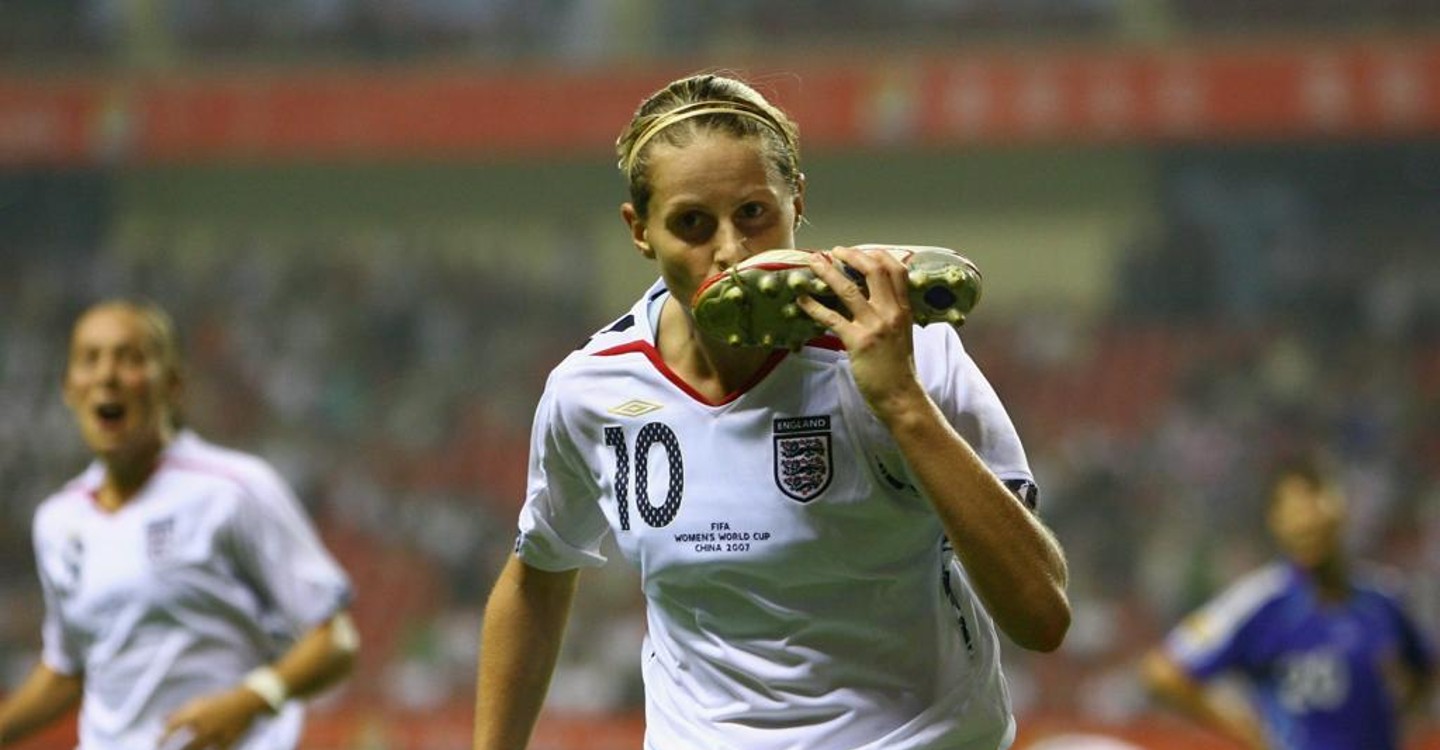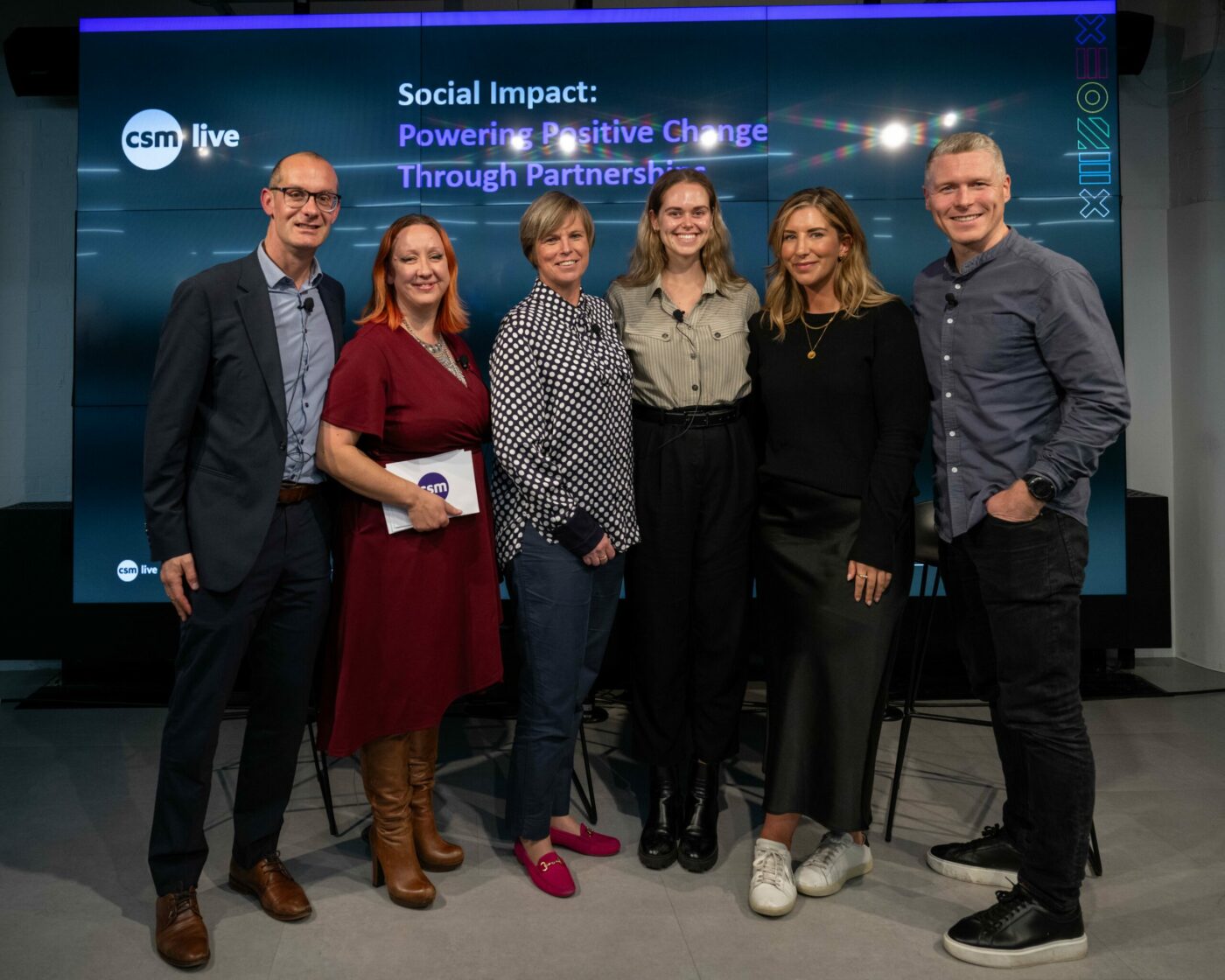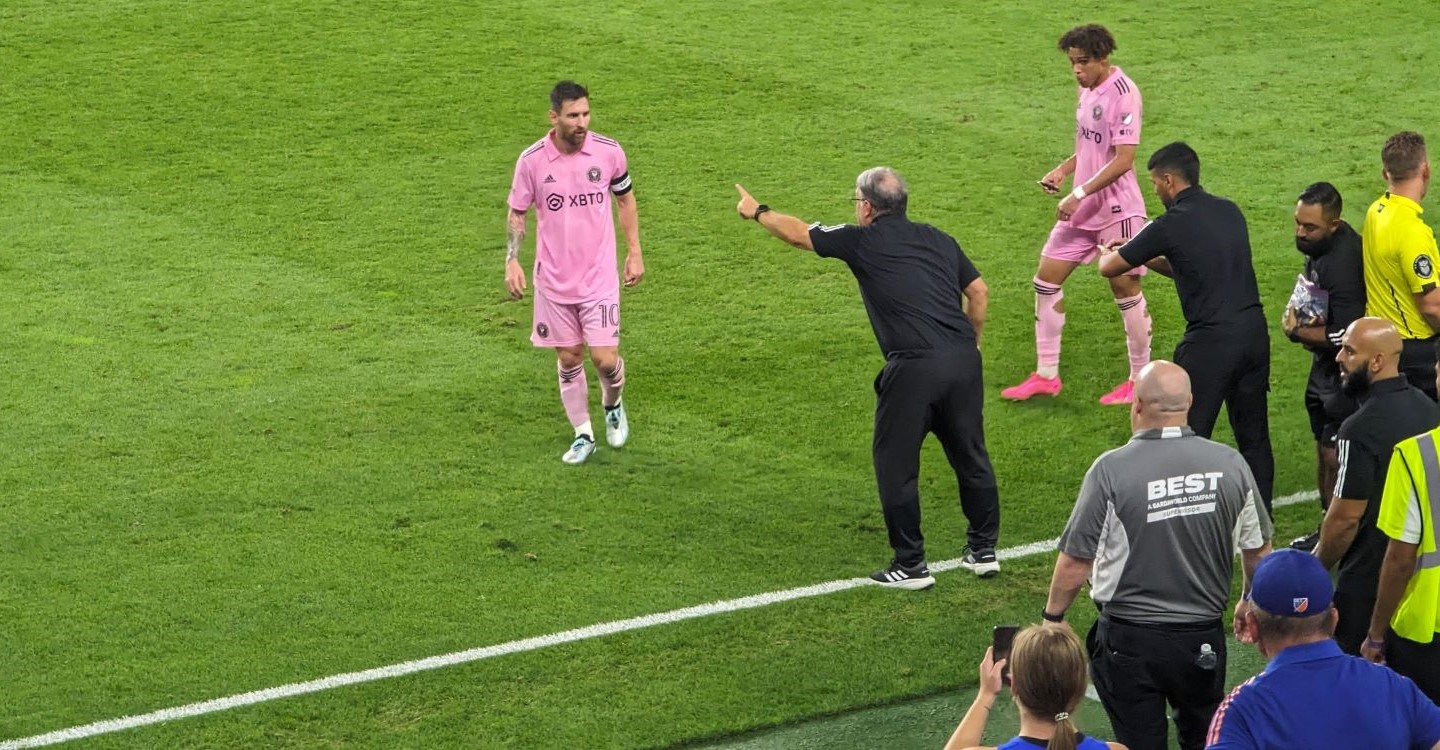Ahead of the Women Breaking Down Barriers event with Switch the Play, we had the exclusive opportunity to sit down with English former footballer and ex-Arsenal player, Kelly Smith MBE.
Your football career started from a young age, most notably being selected for the England national women’s team at the age of 16. You’ve also played for teams such as Arsenal, talk us through your coping mechanism for playing at such high-profile events.
I don’t think I really needed coping mechanisms for games. Football was my life, so those high-profile events were what I was preparing for every waking minute. For every game, I relied on my hard work and preparation, and my belief that I was always up there as one of the best players on the pitch because of my all-consuming dedication to the game.
It was when I was injured and forced to watch games from the stands, or when I had to stay at home while the rest of the team was training, that I needed coping mechanisms and didn’t have them.
I never saw football as my chance to be part of something or make friends; having the ball at my feet and doing certain drills again and again until I’d perfected them was my whole life. So, every time I got injured and couldn’t play, I completely lost myself – I didn’t have other interests or a big social life to fall back on.
For other people, being part of a team is what drives them to be the best version of themselves, I was naturally very shy and reserved off the pitch, which made the social side of things quite painful for me. Having a sports psychologist and someone focused on helping me through my months of injury rehab would’ve made my playing years significantly easier. That’s why it’s so important to build up this side of the women’s game, not just to talk about the Euros legacy, or equal pay.
Leading on from that, what’s your key to success and what advice would you give to young girls and boys who look up to you?
If it’s boys and girls who want to be professional footballers, then I’d say they’re coming into the game at a great time. For girls especially, the English league is arguably the best in the world right now. Young players don’t need to move to the US to make their dreams come true like I did, but they do have to be prepared to make massive sacrifices like that if they want to be topflight.
The teenage years are probably the toughest test – when all your friends are out experiencing new things and finding their way, you’ll have a ball at your feet, totally lost in perfecting the basics and nailing new moves. It probably means you’ll lose friends along the way, but you’ll also make new ones in your teammates – and those are friends you have for life because they understand the sacrifices first hand.
If you’re like I was, when you’re not playing football, you’ll be studying it by watching Match of the Day and WSL coverage, trying to work out how every move is pulled off and how you can do it better. Being a footballer is a full-time job, and more!
There are multiple studies showing how sport can provide numerous physical and mental benefits. What benefits has it brought you?
For me, sport was about doing something I loved. No doubt it made sure I was incredibly fit and drove me to look after my body, and that’s important for your mental health too. But back when I was playing, there was no mental health support and for a very shy person like me, it made the setbacks very hard to handle. From that side of things, clubs need to be very aware of the different personalities they’re dealing with – just because someone is fierce, talented, and forthright on the pitch doesn’t mean they’re tough off it.
Making one sport your whole life is just like working a ‘normal’ job 24 hours a day and having no downtime, hobbies, or time for socialising – you’re putting all your eggs in one basket. So, when things go wrong, even temporarily, your whole world comes crashing down. That’s why looking after your mental health and finding ways to cope will not only help you during your career, but it will also prepare you for retirement and lead you into whatever comes next.
I will say that the best teammates and coaches I had over the years did teach me the importance of being open and honest about my feelings, which allowed people to understand what was going on in my head and find ways to help me. Being part of a team means you have to open up and be a bit vulnerable, even if that’s uncomfortable to begin with, and that’s a massive benefit of being part of a team.
We can see that football and sport have been an integral part of your life, starting at just the age of seven. What does sport mean to you?
Ever since I can remember, football was my whole life, it’s all I wanted to do. Being very shy meant I kept myself to myself, so that made my focus on sport even sharper.
At school, I remember playing football at break time and keeping my head down the rest of the time. Out of school, I was either watching football or practicing against a wall or in a cage. When I got kicked off two boys’ teams for being too good at just 7 years old (on the back of complaints from opposition parents), people could easily have assumed I’d be happy to go and play hockey or netball, but I just couldn’t. There was no question of playing another sport – it had to be football.
So much so that I left home to move to the US at 17, which was the scariest thing I’ve done, and I really struggled for a long time, arguably for most of that time away from my family. Without football, when I was injured, I had nothing, not even my family to tell me everything would be ok. Football was everything when I was playing and now building the women’s game up and leaving a legacy for my daughter and her generation is a huge part of my life.









